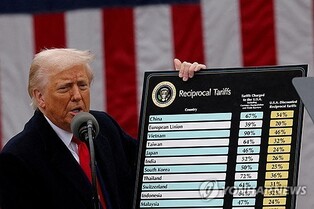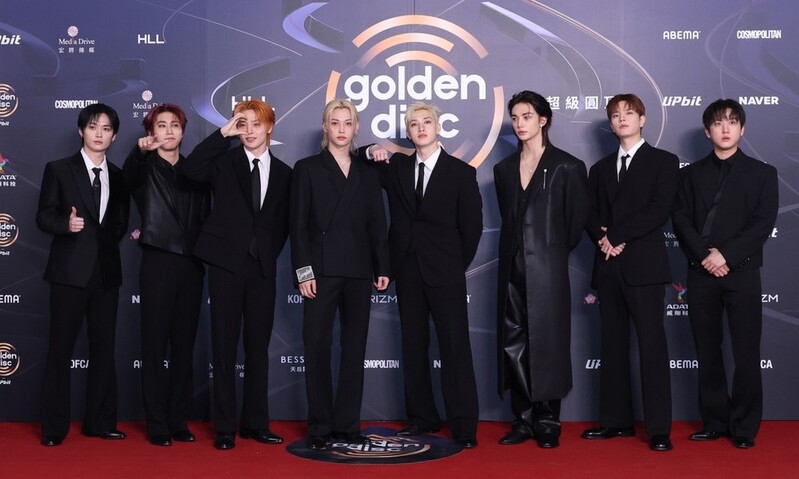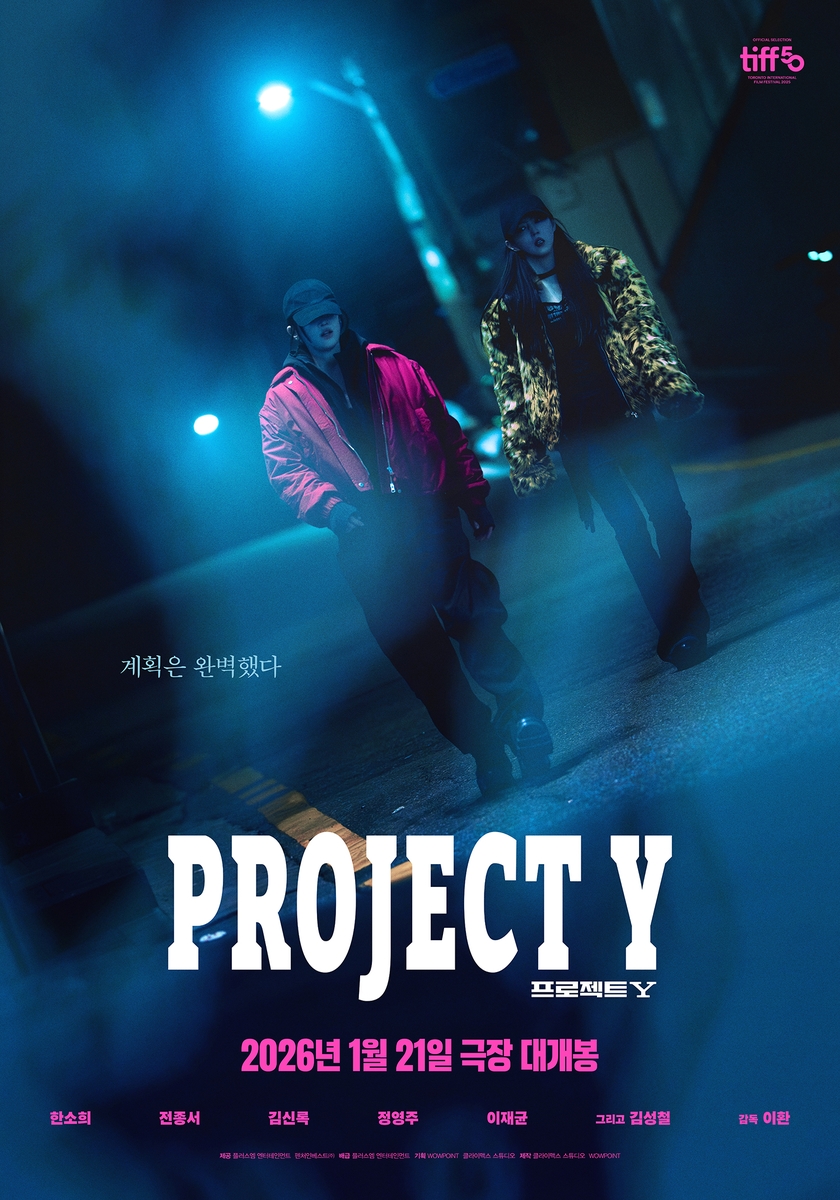 |
| ▲ (Yonhap) |
SEOUL, March 24 (Yonhap) -- Entertainment agencies will soon be required to provide their contracted celebrities with an annual settlement statement and supporting accounting records in writing (including electronic documents).
According to the Ministry of Culture, Sports and Tourism (MCST) on Monday, a proposed revision to the Enforcement Decree of the Popular Culture and Arts Industry Development Act, which includes these provisions, has been put forward for public review until March 31.
Currently, Article 14 of the Popular Culture and Arts Industry Development Act mandates that entertainment agencies must disclose accounting records, including ledgers, without delay if requested by their affiliated celebrities. However, disputes have arisen due to differing interpretations of "disclosure" between agencies and artists, and it has also been noted that artists may find it difficult to request such records from their agencies.
Calls for reform intensified after it was revealed in 2022 that singer-actor Lee Seung-gi had not received proper settlement payments for digital music revenue during his 18 years with his former agency.
In response, the National Assembly passed an amendment to the Popular Culture and Arts Industry Development Act last September, often referred to as the "Lee Seung-gi Prevention Law," which mandates that agencies must disclose settlement and accounting records even if their artists do not specifically request them. This amendment is set to take effect on the 23rd of next month.
The newly proposed revision to the enforcement decree aligns with this amendment by specifying the frequency and method of disclosure.
The revision states, "Entertainment agencies must provide their affiliated celebrities with accounting records and details regarding their compensation at least once a year, starting from the date a contract for cultural and artistic services is established. This must be done through one of the following methods: written documentation (including electronic documents) or mail/email."
Previously, there was no clear regulation on how the records should be provided, leading some agencies to allow only limited "viewing" of the documents without providing physical or digital copies.
Reactions from the entertainment industry have been mixed, with both support and concerns being voiced.
The Korea Broadcasting Actors Union and the Korea Broadcasting Performers Association support the revision, emphasizing the necessity of transparent settlement records. Meanwhile, the Korea Management Union and the Korea Music Content Association oppose the revision, citing concerns that settlement documents contain sensitive company information and that exceptions should be considered for cases where disclosure is not feasible.
A representative from the Korea Broadcasting Actors Union stated, "The majority of complaints from artists regarding their agencies are related to settlements. Some agencies provide settlement information only verbally, and in cases where artists do not receive fair compensation, they often give up pursuing it. In any business, financial records should be documented clearly."
Conversely, a representative from an entertainment industry group expressed concerns, saying, "While transparency is crucial for building trust between agencies and artists, we need to consider the extent of disclosure. Within the same agency, contractual terms can vary from artist to artist. If all details are disclosed in writing, it could create additional conflicts."
An entertainment agency representative added, "Settlement documents for artists cannot be compared to a regular employee’s payslip. These records include revenue-sharing ratios, business strategies, and proprietary information. If such sensitive details are formally documented and distributed, there is a risk of them being leaked."
The MCST believes that this revision will enhance fairness in the entertainment industry. The ministry aims to implement the revised enforcement decree by the end of next month, following regulatory reviews and approval from the State Council.
An MCST official stated, "Transparency in financial records is fundamental in any industry. Since there were concerns about which contracts would be subject to this requirement, we specified that it applies to 'contracts related to cultural and artistic services' in the revision."
(C) Yonhap News Agency. All Rights Reserved























